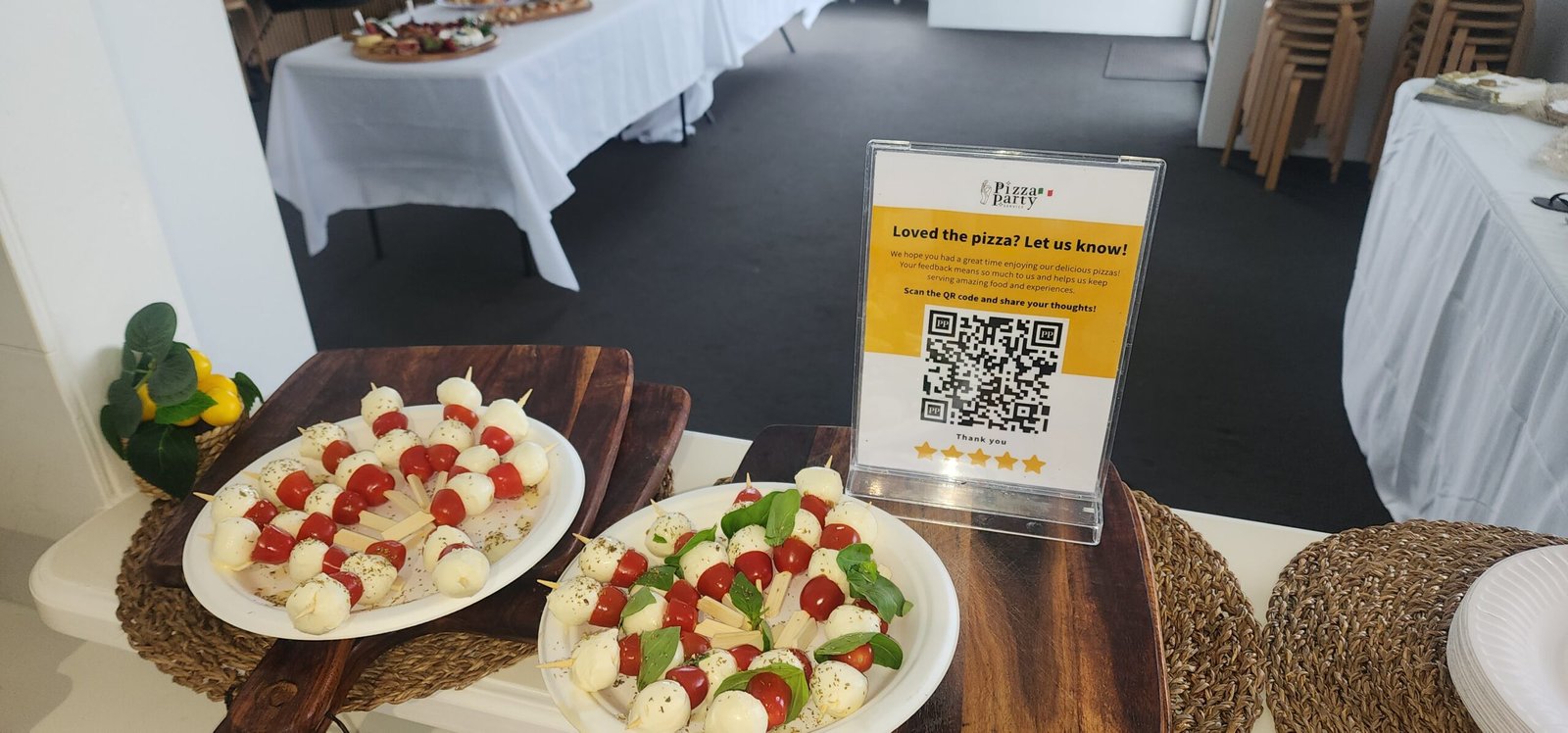
Unlocking the Power of Language: Why Chinese Tuition in Singapore is More Important Than Ever
In today’s increasingly interconnected world, the ability to communicate in more than one language is a powerful asset. Among the many languages spoken globally, Mandarin Chinese stands out—not only due to the vast number of native speakers but also because of China’s growing influence in global economics, politics, and culture. In a multilingual nation like Singapore, where English and Mandarin are both official languages, Chinese tuition has become an essential part of many students’ academic journeys.
The Rising Demand for Chinese Tuition in Singapore
Chinese tuition in Singapore has seen a significant rise over the past decade. With the Ministry of Education placing greater emphasis on bilingualism, many parents are investing in tuition to help their children excel in Mandarin. While some students thrive in a classroom environment, others may find learning Chinese particularly challenging due to limited exposure at home. This is especially common in English-speaking households, where Mandarin may not be used regularly.
This is where Chinese tuition comes into play. With targeted teaching methods, experienced tutors, and personalized learning plans, Chinese tuition Singapore is helping students improve not only their grades but also their confidence in using the language.
Benefits of Enrolling in Chinese Tuition
Personalized Learning Approach
One of the main advantages of Chinese tuition is that it can be tailored to meet each student’s individual learning style and pace. Unlike in school classrooms where teachers must divide attention among many students, tuition sessions allow for focused, one-on-one guidance. Tutors can identify weak areas—whether in pronunciation, vocabulary, grammar, or composition—and address them directly.
Improved Academic Performance
Exams are a crucial aspect of the Singaporean education system, and Chinese is no exception. From PSLE to O-Levels and A-Levels, Chinese language papers require a strong grasp of written and spoken Mandarin. Chinese tuition equips students with strategies for tackling comprehension passages, constructing essays, and mastering oral communication.
Cultural Appreciation and Contextual Learning
Beyond exam preparation, quality Chinese tuition programs also delve into Chinese culture, literature, and idioms. This enriches the learning experience and makes the language more relatable and interesting. Students gain a deeper appreciation for traditions, values, and history, which in turn enhances their understanding of the language.
Confidence in Daily Use
Mandarin is widely spoken in Singapore—not only in schools but also in workplaces, neighborhoods, and even during National Day Rallies. Having a strong command of the language builds confidence in real-world situations. Whether it’s conversing with elderly family members or delivering presentations in school, fluency in Chinese is a practical skill that pays off.
Choosing the Right Chinese Tuition in Singapore
With so many tuition centers and private tutors available, selecting the right one can be overwhelming. Here are a few tips to help you make an informed choice:
Check the Tutor’s Qualifications: A good Chinese tutor should be MOE-trained or possess relevant teaching experience. Look for reviews or testimonials to assess their track record.
Curriculum Alignment: Ensure that the tuition follows the MOE syllabus so that your child’s learning remains relevant to school requirements.
Interactive Teaching Methods: Language learning thrives on interaction. Choose programs that incorporate multimedia, storytelling, and dialogue practice.
Small Class Size: Whether it’s group or individual tuition, smaller groups generally allow for more engagement and better feedback.
Some well-known centers offering Chinese tuition in Singapore include Berries World, EduGrove, and Confucius Mandarin. Many also offer trial classes so you can experience the teaching style before committing.
Online vs. In-Person Chinese Tuition
In the digital age, online Chinese tuition has become increasingly popular. These platforms offer flexibility and convenience, especially for families with tight schedules. Students can attend classes from the comfort of their home, access recorded lessons, and receive digital resources.
However, in-person tuition still holds appeal, particularly for younger students who benefit from physical interaction, classroom discipline, and hands-on learning. The ideal mode depends on your child’s personality, learning preferences, and age.
Conclusion
Mastering Mandarin is not just about passing exams—it’s about opening doors to new opportunities, fostering stronger family ties, and connecting with a rich cultural heritage. Chinese tuition in Singapore plays a vital role in nurturing this skill from a young age.
Whether you’re preparing for major exams or simply want to enhance language fluency, enrolling in Chinese tuition can be a transformative step. With the right support, every student can grow to not only understand but also love the Chinese language.
Would you like a version of this blog formatted for a website (HTML or Markdown), or turned into a social media caption as well?












